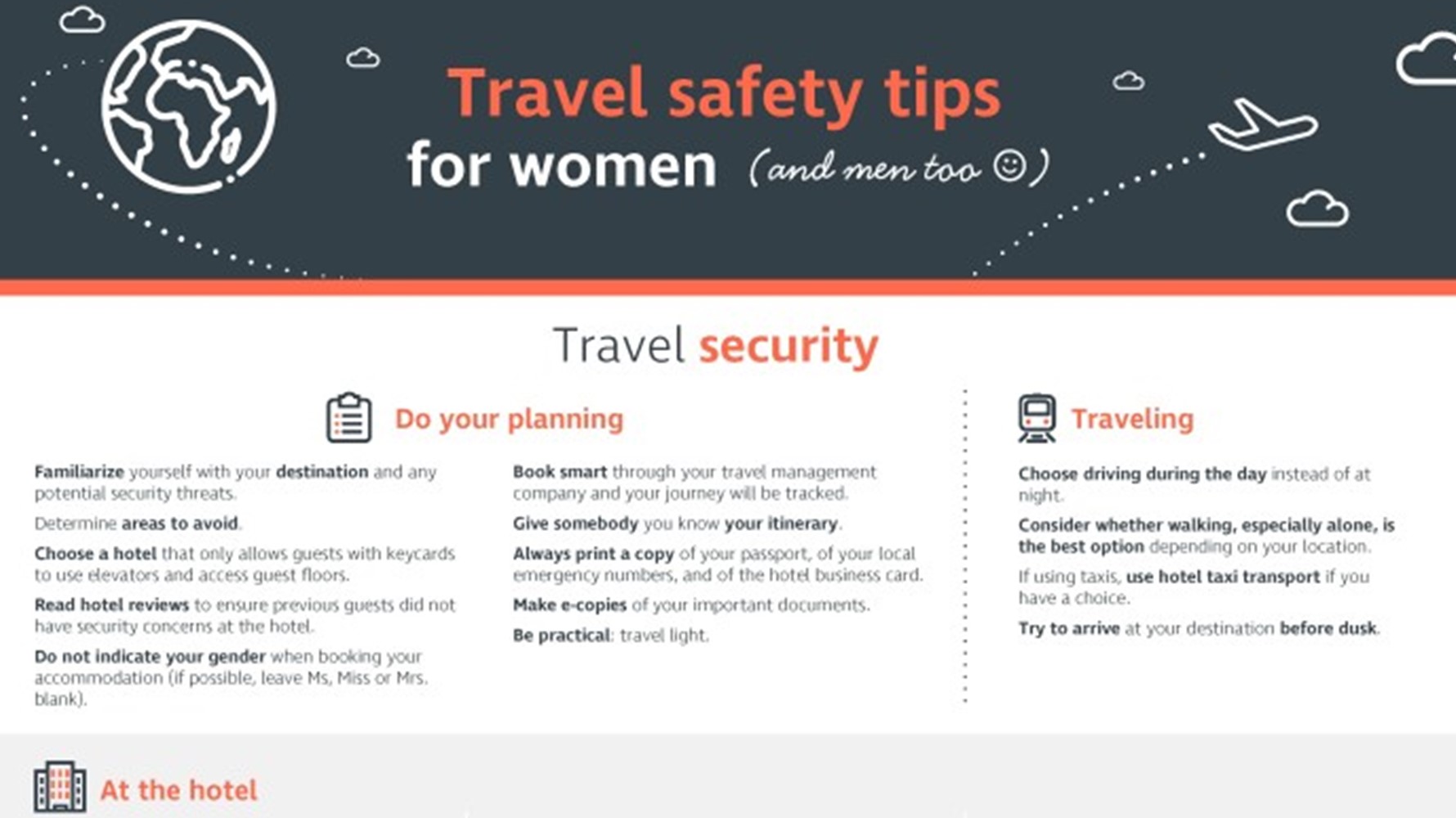When it comes to gender equality, we’ve seen a lot of progress in a very short time.
In 1970 a woman in the U.S couldn’t take out a credit card in her own name or serve on a jury. A multi-national company like CWT with 50/50 male and female leadership and a female CEO was unheard of. Of course, progress varies dramatically by country.
Organizational and policy advancements are integral to progress but women are still struggling on the battleground of everyday sexism.
In our latest podcast episode, How to make work (and traveling for work) work for women, Chief Technology Officer John Pelant, one of three leaders of CWT’s women’s employee resource group talks about practical ways to be an ally.
Research has shown that in the absence of male support, women shoulder the burden of day-to-day sexism alone. Highlighting the strengths of female colleagues, listening to their stories, or being helpful while traveling together counters the effects of sexism and contributes to happy, high-functioning teams all round. Here are 3 ways to be a better ally to women.
Caring curiosity wins every time
Regardless of race or gender, everybody’s lived experience is different. A spirit of caring curiosity is always welcome, and speaking from experience can eliminate generalizations.
A 2019 study by SAP Concur found that 3 in 4 female business travelers have suffered harassment while traveling and more than half changed their plans because of safety concerns.
Listening to a female colleague can help you to help her. You might ask her how she feels walking back to her hotel from dinner. She might respond, "It’s scary to walk back alone every night because that group of guys on the corner keep harassing me." You could then offer to walk back with her.
Acknowledge your colleagues
Certain demographics may find their expertise and ambition questioned more than others. Make it a point to acknowledge different skills and solicit opinions.
In one study cited by Ted.com, nearly two-thirds of women and people of color in engineering reported needing to demonstrate their expertise repeatedly, compared to 35 percent of white men. They found that their achievements were discounted, and they were pressured to let white men take credit, while at the same time they were asked to do office tasks.
Nip patronizing explanations in the bud
Every woman who has ever lived has been educated about a topic she knows more about than the person speaking to her. Bonus points if you’re on the young side, a bit old, a new starter, not white, have a PhD in - or ten plus years experience - in the subject at hand.
It can be frustrating when a speaker assumes you know less because of your gender or worse, interrupts you.
“In meetings, when a man interrupts a woman, I stay quiet,” says Andrew who works for a global NGO, “When he is done, I don’t respond but turn back to my female colleague and say something like ’Sorry Padma, what were you saying?’ to the woman.”
If you bring the conversation back to the woman, they may think twice about doing it to another woman again.
Hear more about being an ally in our latest podcast episode.





